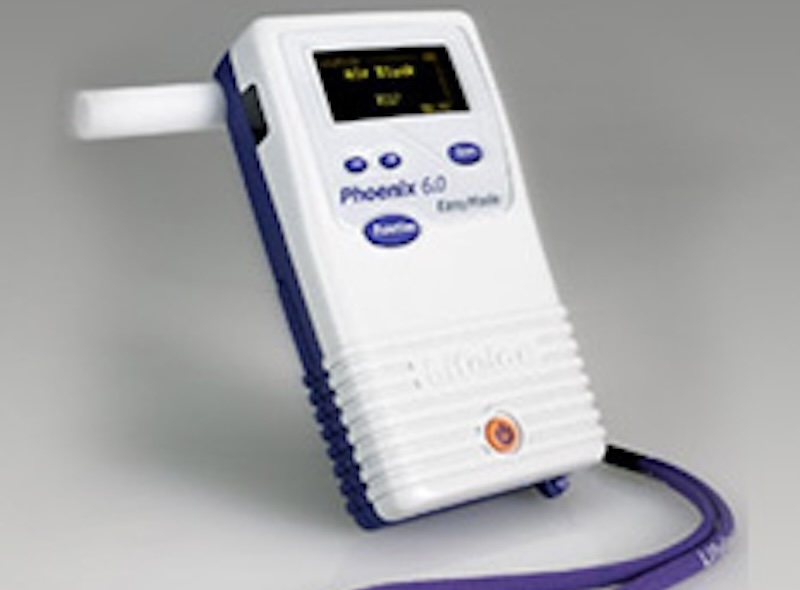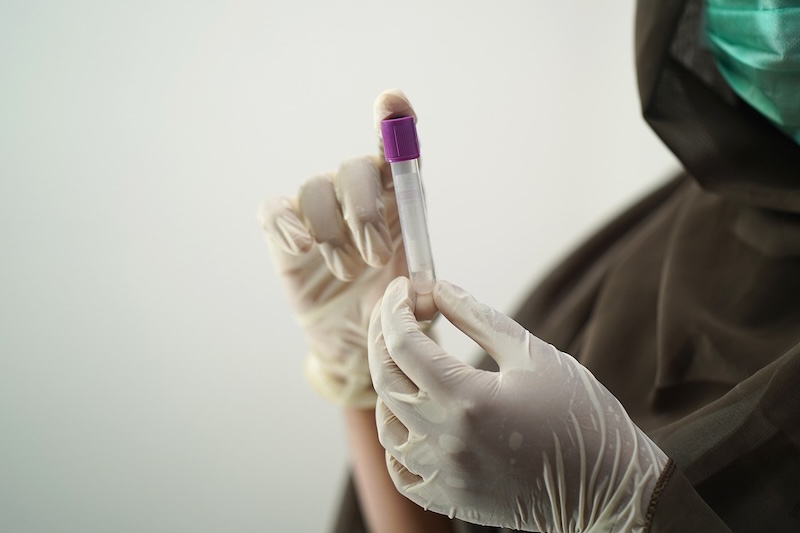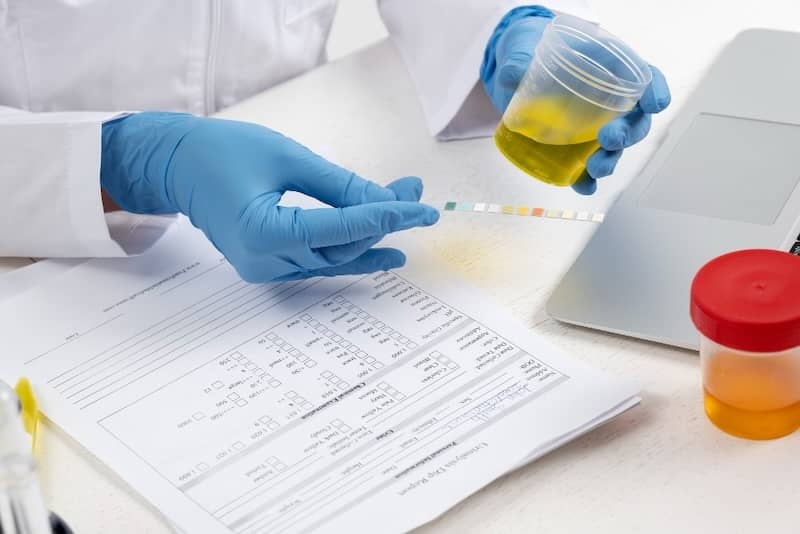Whether you have to get a drug test, interpret it, or administer it, there are some differences you need to be aware of between Department of Transportation (DOT) and non-DOT drug tests. These readers point out some significant and not-so-obvious variations between them. Continue reading to see some that may surprise you.
DOT Tests are Regulated and More Comprehensive
DOT drug tests are regulated by the US Department of Transportation. DOT drug tests usually require a urine sample, while non-DOT drug tests can use saliva, hair, or blood. DOT drug tests test for a wider range of drugs, including amphetamines, marijuana, cocaine, and opiates, while non-DOT drug tests usually only test for marijuana, cocaine, and opiates. DOT drug tests are more expensive than non-DOT drug tests.
Advantages of Non-DOT Drug Testing
There are several advantages of non-DOT drug testing. Non-DOT drug testing is less expensive than DOT drug testing, so it can be more feasible for businesses with limited budgets. Non-DOT drug testing can also be completed more quickly than DOT drug testing, so results are available sooner. In addition, non-DOT drug testing can be tailored to test for specific drugs that are more commonly abused in a certain workplace or industry. For example, a construction company might choose to test for methamphetamine use, while a company in the service industry might choose to test for marijuana use.Disadvantages of Non-DOT Drug Testing
There are also several disadvantages of non-DOT drug testing. Non-DOT drug tests are not regulated by the US government, so they may not be as accurate as DOT drug tests. In addition, non-DOT drug tests may not test for all of the drugs that DOT drug tests do. This means that some employees who use drugs may still be able to pass a non-DOT drug test. Finally, because non-DOT drug tests are not regulated, there is no standard way to administer them or interpret their results, which can lead to confusion and inconsistency.
Advantages of DOT Drug Testing
The main advantage of DOT drug testing is that it is regulated by the US government. This means that DOT drug tests are more accurate than non-DOT drug tests. In addition, DOT drug tests test for a wider range of drugs, so they are more likely to catch employees who use drugs. DOT drug testing is also standardized, so there is less confusion about how to administer the test and interpret the results.
Disadvantages of DOT Drug Testing
There are also several disadvantages of DOT drug testing. DOT drug tests are more expensive than non-DOT drug tests, so they may not be feasible for businesses with limited budgets. In addition, DOT drug tests usually require a urine sample, which can be uncomfortable or embarrassing for some employees. DOT drug tests may also take longer to complete than non-DOT drug tests, so results are not available as quickly.
Non-DOT Tests Can Use Different Sample Specimens
DOT tests for substances such as alcohol, marijuana, cocaine, amphetamines, and PCP. Non-DOT tests test for the presence of harder, more serious substances like barbiturates, propoxyphene, benzodiazepines, quaaludes, and methadone. Additionally, urine is sampled for DOT tests, and Non-DOT tests can use urine, hair, or saliva.
DOT Tests are Stricter and More Reliable
There are a few big differences between DOT and non-DOT drug tests. For one, DOT drug tests are stricter. They require all employees in “safety-sensitive” positions to be tested for drugs, whereas non-DOT drug tests don’t have that requirement.
Another big difference is that DOT drug tests use federally-approved laboratories, whereas non-DOT drug tests can be administered by any lab. This means that the results of DOT drug tests are more likely to be accurate and reliable.
Non-DOT drug tests are also less expensive than DOT drug tests, which is why they’re often used in the private sector.
This is a crowdsourced article. Contributors’ statements do not necessarily reflect the opinion of this website, other people, businesses, or other contributors.








